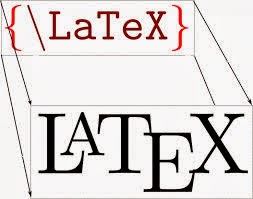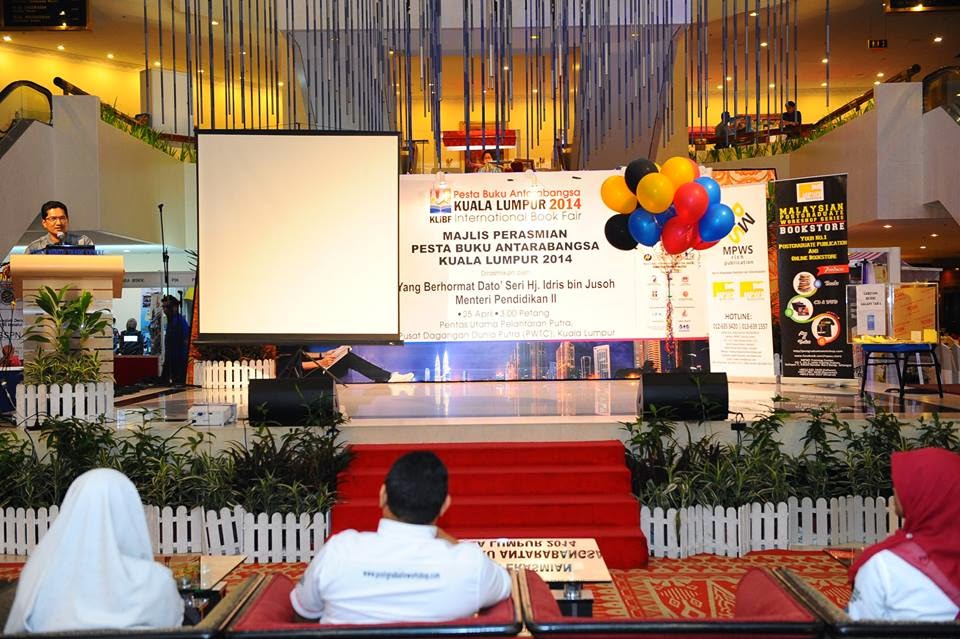Begini caranya …
Dari minda “Think Outside The Box” Dr OT
Dr. Othman bin Talib, B.Sc (UKM), M.Sc (UPM), EdD (Adelaide)
completed his secondary and post-secondary education at the King
George V Secondary School, Seremban and the Matriculation Centre,
University Kebangsaan Malaysia (UKM). He completed his first degree in
Chemistry from UKM in 1986. He then appointed as a Chemist (temporary
basis). A year later, he was appointed as a Chemistry teacher at the
Matriculation Centre, University Putra Malaysia (UPM). He completed
his Master in Pedagogy from UPM in 1999 and then in February 2000,
was appointed as a lecturer with the Faculty of Educational Studies,
UPM. He pursued his study at the University of Adelaide, Australia
and obtained the Doctor of Education degree in 2007.
Jangan ketinggalan untuk mengikuti bengkel-bengkel Dr OT sepanjang bulan Jun ini.
Course Title: Bengkel Sehari Penulisan Tesis Pantas dan Pengurusan Artikel Mendeley
Date: 5 June 2014 (Thursday)
Time: 8.30 a.m. - 5.30 p.m.
Venue: MPWS Training Centre, 63-1, 63-2, Jalan Kajang Impian 1/11, Taman Kajang Impian, Seksyen 7, 43650 Bandar Baru Bangi, Selangor
Speaker: Dr. Othman Talib
Registration Fee: RM150
Medium: Bahasa Malaysia
http://postgraduateworkshop.com/tulistesispantas
Date: 5 June 2014 (Thursday)
Time: 8.30 a.m. - 5.30 p.m.
Venue: MPWS Training Centre, 63-1, 63-2, Jalan Kajang Impian 1/11, Taman Kajang Impian, Seksyen 7, 43650 Bandar Baru Bangi, Selangor
Speaker: Dr. Othman Talib
Registration Fee: RM150
Medium: Bahasa Malaysia
http://postgraduateworkshop.com/tulistesispantas
Course Title: Bengkel Sehari Penulisan Tesis Pantas dan Pengurusan Artikel Mendeley
Date: 12 June 2014 (Thursday)
Time: 8.30 a.m. - 5.30 p.m.
Venue: Dewan Seminar FMSM (Fakulti Maritim & Sains Marine)
Universiti Malaysia Terengganu, 21030 Kuala Terengganu , Terengganu
Speaker: Dr. Othman Talib
Registration Fee: RM180
Medium: Bahasa Malaysia
http://postgraduateworkshop.com/tulistesispantasmalaysia
Date: 12 June 2014 (Thursday)
Time: 8.30 a.m. - 5.30 p.m.
Venue: Dewan Seminar FMSM (Fakulti Maritim & Sains Marine)
Universiti Malaysia Terengganu, 21030 Kuala Terengganu , Terengganu
Speaker: Dr. Othman Talib
Registration Fee: RM180
Medium: Bahasa Malaysia
http://postgraduateworkshop.com/tulistesispantasmalaysia
Course Title: Bengkel Sehari Asas SPSS
Date: 14 June 2014 (Sunday)
Time: 8.30 a.m. - 5.30 p.m.
Venue: MPWS Training Centre, 63-1, 63-2, Jalan Kajang Impian 1/11, Taman Kajang Impian, Seksyen 7, 43650 Bandar Baru Bangi, Selangor
Date: 14 June 2014 (Sunday)
Time: 8.30 a.m. - 5.30 p.m.
Venue: MPWS Training Centre, 63-1, 63-2, Jalan Kajang Impian 1/11, Taman Kajang Impian, Seksyen 7, 43650 Bandar Baru Bangi, Selangor
Speaker: Dr. Othman bin Talib
Registration Fee: RM150
Medium: Bahasa Malaysia
http://postgraduateworkshop.com/spss/
Registration Fee: RM150
Medium: Bahasa Malaysia
http://postgraduateworkshop.com/spss/










